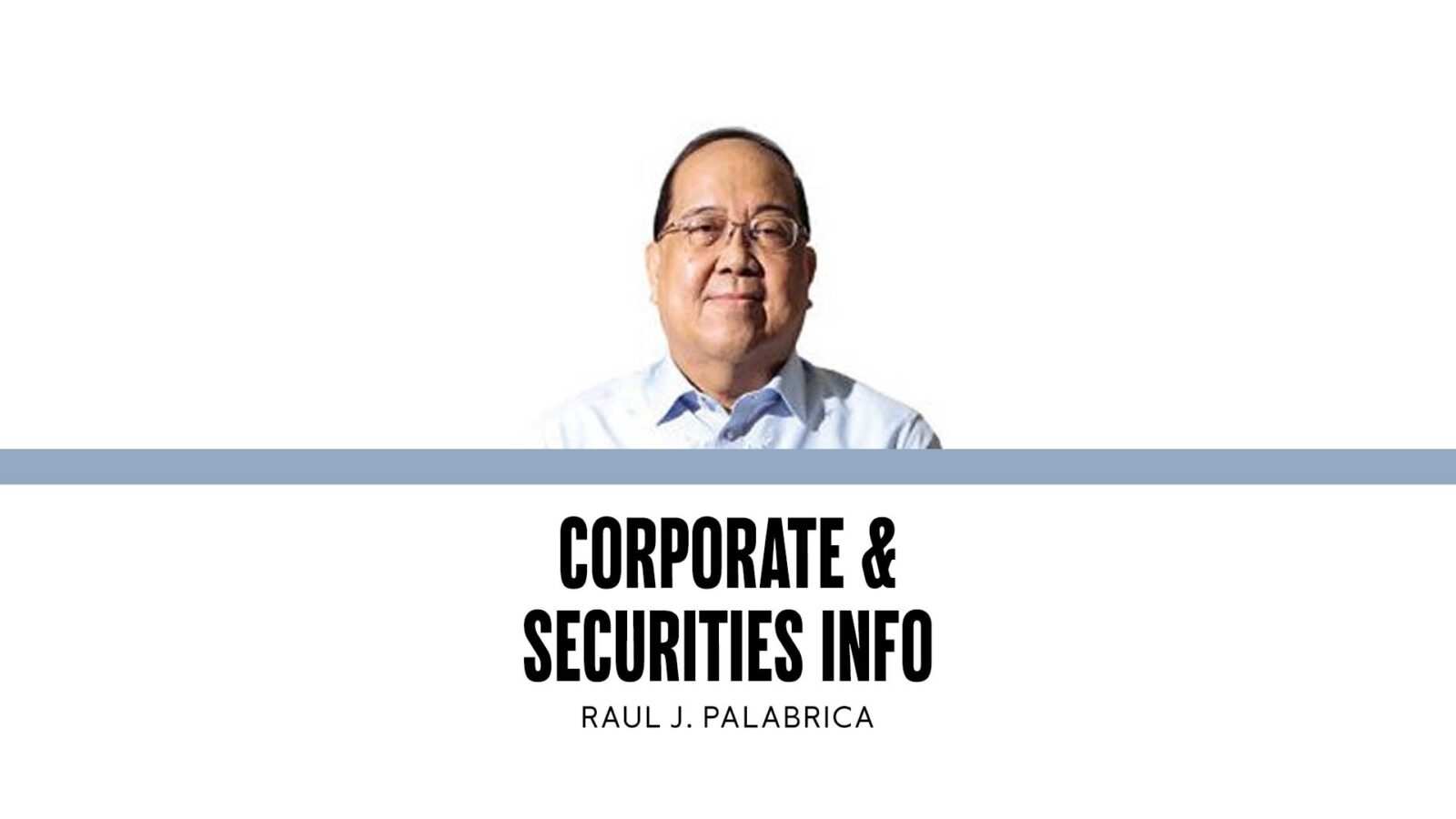Silent pushback against corruption

The ongoing controversy over anomalous flood control projects may have sparked a silent, but potentially damaging, taxpayer revolt.
Last week, Bureau of Internal Revenue (BIR) Commissioner Romeo Lumagui Jr. said “…there was definitely a slower collection because of the issue, because of the DPWH.”
Finance Secretary Ralph Recto agreed with that observation. Earlier, he said that if billions of pesos were not lost in that scandal, the economy might have grown by around 6 percent to 6.2 percent and revenue collections would have been higher.
The decline in tax payments should not come as a surprise. It may even be described as late in coming, considering the magnitude of the plunder and the manner by which it was committed.
It was a gut reaction by taxpayers to undeniable reports that some lawmakers had conspired with private contractors in funding “ghost” and substandard flood control projects and pocketing the bulk of the money.
As things turned out later, the embezzlement of taxpayers’ money appears to have also involved health centers, farm-to-market roads and public schools and counting. The greed was simply overwhelming.
To aggravate matters and in a clear display of entitlement, some of the children of those lawmakers publicly flaunted the “fruits” of their parents’ plunder.
Seeing hard-earned money paid as taxes squandered and made to pay for the lavish lifestyle of corrupt lawmakers and government officials is sufficient reason (if not justification) for distressed taxpayers to look for and resort to ways and means to push back and be less diligent with their tax obligations without running afoul of the law.
Participation in mass demonstrations denouncing corruption in government was not enough. The disgust over the abuse of legislative power had to be expressed by sending a strong message of protest to the national leadership.
Refusing to pay taxes is out of the question because it could result in civil and criminal liabilities. And our courts have consistently deferred to the BIR in its strict enforcement of revenue laws on the ground that “taxes are the lifeblood of the State.”
But tax avoidance (or the practice where taxpayers avail of provisions in the law to minimize their tax obligations) is perfectly legal. It is a virtual science in tax courses.
Accountants and tax lawyers with keen eyes and minds can easily spot areas in business that, after compliance with proper documentation, can legitimately claim tax deductions or tax credits.
It is a zero-sum game that makes the BIR squirm with discomfort because loopholes in tax laws cannot be closed through the issuance of memorandum circulars or revenue regulations.
And rather than go through a lengthy court process it is not sure of winning, and pressed to meet its annual revenue quota, the BIR is often forced to compromise to reduce the adverse effects of a tax avoidance scheme allowed by law.
If that approach is unavailable, a taxpayer agitated by the waste of his or her money could hold in abeyance his or her payment until the deadline date or close to it or, where permitted, pay in installments over a fixed period of time.
In the latter case, that means (tongue in cheek) less money is made available to be touched by the sticky hands of government personnel entrusted with the management of that money.
Although no losses are incurred by just-on-time payment, a subliminal message is being sent to the government about the taxpayer’s dissatisfaction with the way his or her money is being openly stolen by corrupt government officials.
There is no question that it is the patriotic duty of every Filipino to pay his or her taxes to the government, but it is equally his or her patriotic duty to protest and push back if his or her money is being squandered for the benefit of lawmakers who consider it their birth right to take advantage of their position at the expense of the public welfare.





















Informed compliance matters